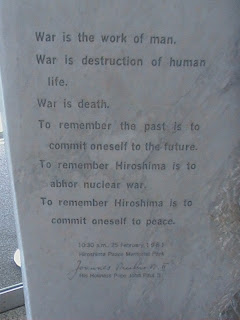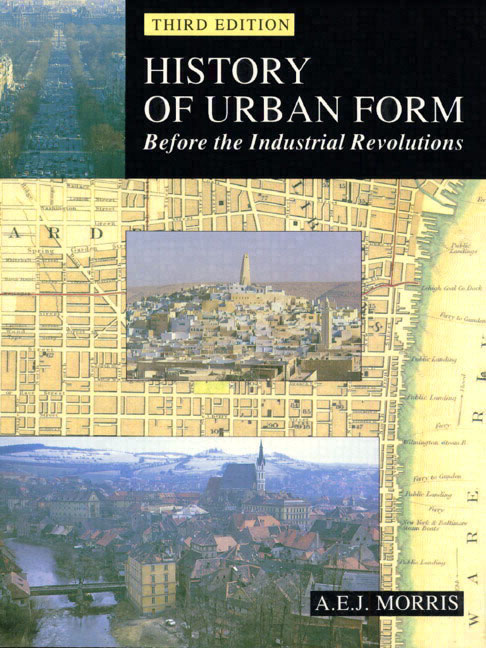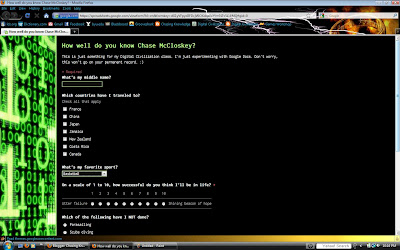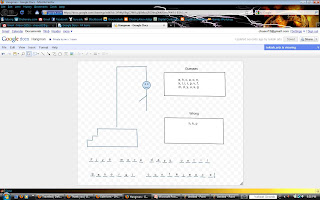Final Project Recap
I meant to make a separate post on this but just decided it would fit nicely into my reflection. Our presentation went very well. The whole thing was recorded on Justin TV but if you don't have time to watch the whole event, we highlight just our presentation and posted it on our group website. We didn't end up using the Prezi I made but I was totally fine with that; I liked the way it turned out more anyway, at least for the five minutes we had to fit into.
Highlight Reel
Here are a few posts I made throughout the semester that I think exemplify the course objectives fairly well. You can click on a picture to view it closer up and if you find one that looks interesting that you didn't get the chance to read all of, feel free to search it and read the whole thing.
Historical Content
Naturally, as the semester came to an end, a lot of our historical content wasn't from history anymore. But since this post is a reflection of the whole year, I can highlight a few of my earlier posts that I think covered this course objective pretty well.
Digital Culture
(Continued after midnight early Saturday morning)
I personally don't consider myself to be the most tech-savvy guy. I started this semester knowing virtually nothing about computer programming, yet for some reason I find Computer Engineering to be at the top of my list as far as choosing a major goes. I took this class simultaneously with an Intro to Computing Systems class and an engineering New Student Seminar, and that combination taught me so much about digital culture, including the history, present, and possible future aspects of it.
Self-Directed Learning
This has come to be one of my favorite aspects of the class: consume, create, and connect. It took me until the very end of the semester, when we did our final projects, to realize that this was a lot bigger than doing a certain number of blog posts every week and finding something interesting just so you can bookmark it on Diigo. We really are "revolutionizing learning".

Conclusion
This semester has been so much different from any other. I wasn't even planning on attending school until I got my mission call in early September and found out I wouldn't be leaving until the middle of January. Consequently, this whole semester has been a time of preparation for me. I've had numerous milestones in my life in just these past three and a half months, and this class was a unique opportunity to cultivate those experiences. Probably the most direct way I got to express myself was through the final project, working directly with the local missionaries and the returned missionaries in my group. Many of the tools and skills we've learned throughout the class will be vital to making a difference in this age we live in. Before this class I didn't even know where to go to start my own blog, I had never bothered to try it, and I still thought Skype was something you had to pay to use. Now I've not only learned how to use things like Prezi, Google docs/calendar, and even some HTML, but I've also been a part of an event that was broadcasted by us students to hundreds of people online. I didn't realize how new some of this stuff was to most people until the end of our event. My dad was blown away by some of the stuff we've been doing in class, and now he wants to try and incorporate some of the key aspects into a school he's helping to organize. One major theme of this class that has stuck with the most is the idea of Free Software and Open Source technology. It never made sense to me before how or why people would donate so much of their time to developing something that they would, in the end, just give out for free. Yes, there is altruism, but eventually people have to make a living. I've learned through this class, however, that some things, reputation for example, can be a much better investment in the long run.
Sorry if that seemed to drag on too long. You made not have even read the whole thing, which is okay. I just wanted to say, thank you for all the things you've taught me Professors Burton and Zappala. I'm really glad you guys took the challenge of creating this class, and I hope the administration will let you keep teaching it. This really is a Digital Age we're living in, and what you guys are teaching is relevant to any area of study nowadays. I'll miss this class and I look forward to applying my new knowledge in the future.


























